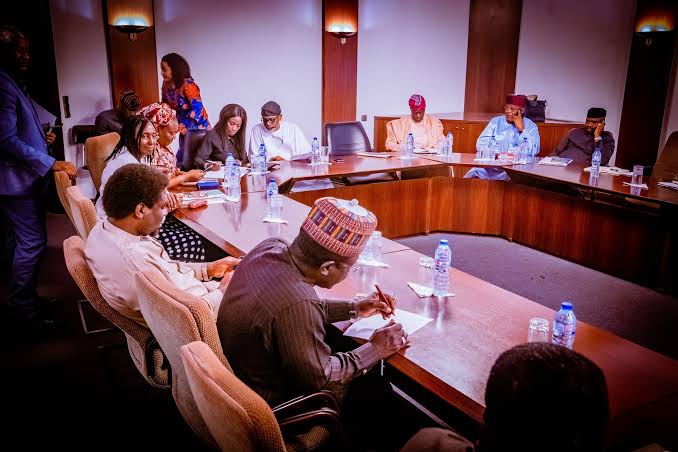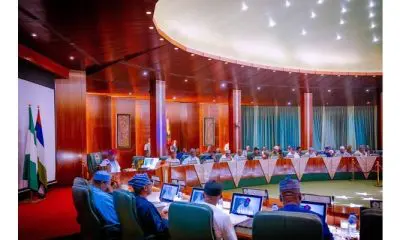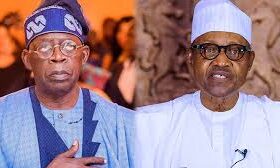
The federal government has rejected the labour unions’ demand for a N250,000 minimum wage, labeling it as “unrealistic” and “unaffordable.”
Bayo Onanuga, Presidential Adviser, emphasized that neither the federal government nor the private sector can accommodate this demand.
Onanuga pointed out that even the proposed N60,000 minimum wage was turned down by governors, highlighting the impracticality of the labour unions’ request.
During a live interview on Nigeria Info 99.3 FM Lagos’ programme Crossfire, Onanuga remarked, “The amount they’re still demanding is unrealistic.”
“It cannot be paid by the Federal Government.
“It cannot be paid by the private sector. All of them will shut down. “And the governors have said they cannot pay the N60,000 that the private sector and the Federal Government were offering before.
“That’s where we are today. I think that labour should reconsider its position.”
He added: “If you look at the budget this year – N28 trillion. And you are paying N5 trillion on wages alone; what are you going to spend on the other things that the government does?”
The labour unions’ demand comes after weeks of unsuccessful negotiations on a new minimum wage.
READ ALSO: Bandits Kill 4 Police Officers, 20 Others in Rampage in Buhari’s Home State, Katsina
On June 3, organized labour declared an indefinite strike, disrupting businesses nationwide and halting essential services. The unions argue that the current N30,000 minimum wage is insufficient for workers’ well-being, particularly due to the impacts of petrol subsidy removal and foreign exchange unification.
Citing the Minimum Wage Act of 2019, signed by former President Muhammadu Buhari, which mandates a review every five years, the unions insist on a revision to meet contemporary economic needs.
In response, Bola Tinubu inaugurated a tripartite committee in January 2024 to negotiate a new minimum wage.
Initially, labour demanded N615,000, later reducing it to N494,000 and then to N250,000. Meanwhile, the government and private sector proposed N48,000, N54,000, N57,000, and N60,000, all of which were rejected by the unions.
Following a strike that was temporarily suspended, the unions resumed negotiations with the government. Tinubu directed the Minister of Finance to present a new minimum wage template.
Despite this, the two sides failed to reach an agreement, with labour standing firm at N250,000 and the government offering N62,000.
Currently, the nation awaits Tinubu’s decision and the submission of an executive bill to the National Assembly to enact a new minimum wage law.
Follow the Parallel Facts channel on WhatsApp: https://whatsapp.com/channel/0029VaCQSAoHgZWiDjR3Kn2E









Leave a Reply